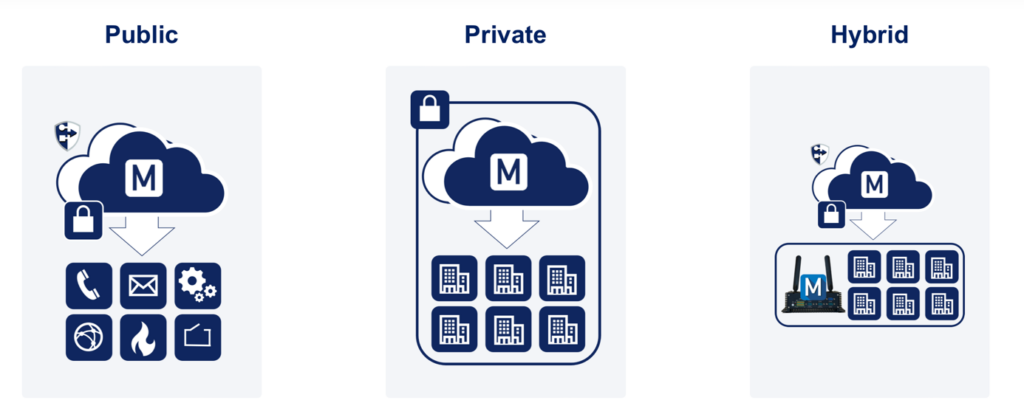
The Future of Surveillance: Cloud-Based Alarm Servers and Security Evolution
Security plays a central role for everyone, and our focus should especially be on advanced surveillance systems. New technologies, particularly cloud-based alarm servers, play a key role in addressing the challenges of modern surveillance systems. Here, we take a closer look at the future development of surveillance and the significant role of the cloud, with New Voice as an experienced provider in the spotlight.
Challenges of Modernity
The requirements for surveillance systems are complex and diverse. Conventional solutions reach their limits when it comes to adaptability, scalability, and real-time responses. Thus, cloud-based approaches offer innovative solutions to these challenges.
New Voice’s Cloud Solution
Flexibility:
An adaptable platform for alerting, mobilization, evacuation, information distribution, and personal protection.
Availability:
Ready for use without the need for complex local infrastructure, allowing for quick implementation.
Accessibility:
Alarm reception on all device types and easy management through a user-friendly web portal.
Real-time Communication:
Swift evaluation and real-time status display for effective responses.
Cost Efficiency:
Low initial costs and an optimized software lifecycle for long-term economic viability.
The Diversity of Cloud Models
New Voice provides various cloud models, including public, private, and hybrid options, to meet individual requirements. These models enable flexibility, resilience, and monitoring of local infrastructure.

The future of surveillance is significantly influenced by cloud-based solutions. Invest in the flexibility and efficiency that these technologies offer to meet the growing security demands of our dynamic world. As an experienced partner, New Voice is ready to assist you in designing a secure and future-ready infrastructure.



 In today’s technology-driven world, the reliance on alarm servers for emergency response is more crucial than ever. However, ensuring their uninterrupted operation poses significant challenges, particularly in the face of unexpected disruptions. Leveraging cloud solutions for emergency recovery is paramount, offering scalability, redundancy, and automation to minimize downtime and maintain operational continuity.
In today’s technology-driven world, the reliance on alarm servers for emergency response is more crucial than ever. However, ensuring their uninterrupted operation poses significant challenges, particularly in the face of unexpected disruptions. Leveraging cloud solutions for emergency recovery is paramount, offering scalability, redundancy, and automation to minimize downtime and maintain operational continuity.




